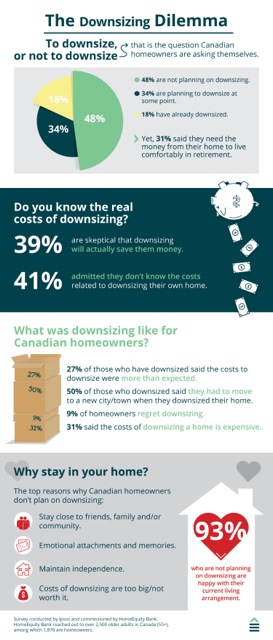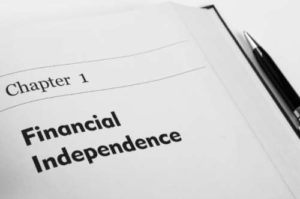(Sponsored Content)
Anyone who is approaching the age of retirement or planning for their eventual retirement is likely to give a lot of thought to just how much they’ll need to enjoy their golden years. While affordable life insurance policies are something else to add to the retirement list, so, too, is whether it would be a good idea to look into living with other people in shared housing: not only to reduce living expenses, but for a host of other reasons as well. Ready to learn more?
High cost of living combined with diminished resources
No matter where you live, chances are good that the cost of living has gone up in the past couple of years, a trend that is likely to continue. While you can control how much you save for retirement, you cannot control how expensive everything from food to medication will be when you’re ready to retire. Additionally, there may not be government or federal financial resources available when you reach the age of retirement, cutting off another source of income. Living with roommates can help immensely in cutting down the cost of living without the need for you to go to great financial and personal lengths to make your living situation work.
You have a built-In social circle
Many seniors grow lonely as they age because they aren’t able to get up and about as much as they used to when they were younger. When you live with people you get along with, being social is as easy as walking down the hall. Elderly individuals who have mobility issues don’t have to worry about making special transportation arrangements to spend time with other people, and being social can be mentally and emotionally beneficial for everyone, no matter their age or health.
Share common house chores
Keeping an entire house clean can be quite a task even for married seniors. Rather than hiring house cleaning services, which can drain your retirement funds, you may find it’s better to divide the chores between the people you live with. Besides saving money, chores allow you to move around and keep somewhat active, which senior citizens need to remain healthy. Continue Reading…







